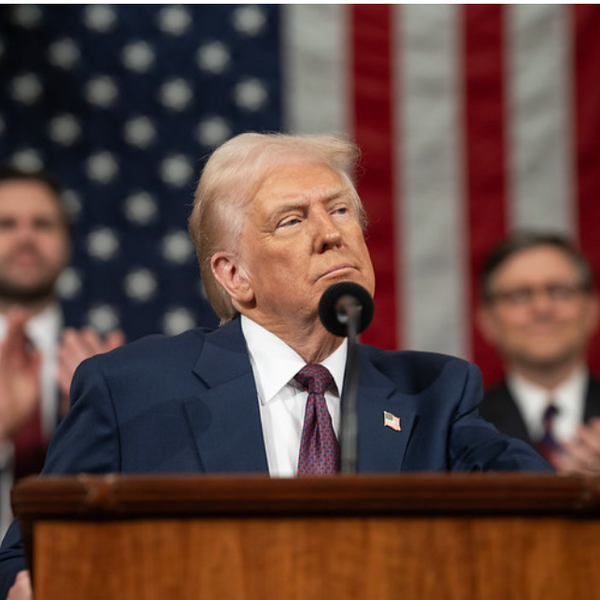Barack Obama and Speaker John Boehner may have gone back and forth on the debt ceiling Monday night, but the market and rating agencies have already delivered a clear verdict: the House Republican bill — which they call “Cut, Cap and Balance” — will not prevent a downgrade of U.S. Treasury securities. Passage of the latest plan offered by Senate Majority Leader Harry Reid might not prevent a downgrade either. As President Obama explained, directly and eloquently, that will mean higher interest rates, larger deficits, diminished economic growth, and likely a worse recession. With apparent reluctance, the President endorsed Reid’s plan as far more accomodating than Boehner’s, because it foregoes the revenue increases that Democrats consider necessary and fair. Pleading repeatedly for compromise and balance, which he portrayed as a great tradition of American democracy, he warned that strict adherence to ideology would risk the future of the nation.
What the President’s speech offered, if voters listened closely, was historical context that underlies the current stalemate. If Boehner was listening, he ought to have blushed beneath his tan, knowing that he was about to claim the high moral ground on spending. Neither the Speaker nor any of his partisan colleagues can deny that their party voted to extend two wars and hugely expand Medicare spending, while cutting taxes on the wealthy — a series of acts that squandered the surplus earned by the Clinton Administration. Boehner won’t give this president a “blank check” to raise the debt limit, he blustered, although that is exactly what he and his colleagues gave George W. Bush on seven separate occasions.
Now Boehner wants the poor, the young, the elderly, and working families to pay for those gross and costly mistakes while insisting the wealthy to escape any such sacrifice. And he wants to be applauded for it, but polls show that nobody is clapping except his own party’s hardline base. The latest CNN survey indicates that 51 percent blame the Republicans for the default risk, while only 30 percent blame the President.
Whether or not they can comprehend the confusing series of leaks, proposals, claims and complaints emanating from Capitol Hill and the White House, voters seem to be realizing now what they risk might entail and why we are forced to confront it. Most Americans now evidently understand why Obama believes, as he said on Monday evening, that default would be “a reckless and irresponsible outcome to this debate” – and they may well understand that Boehner’s plan, which would only extend the debt ceiling for six months, will provide no viable solution. He warned that repeating the same political drama early next year would only pose “a greater danger” to economic growth and security, leaving the American people as “collateral damage” in the unremitting ideological warfare waged by his adversaries.
Yet despite the growing political isolation of the House Republicans, the President seems unwilling to follow the logic of his own argument to its real conclusion. If it is true that there is no will to compromise on the other side of the aisle, and if it is true that both default and the Republican plan would place the nation at unacceptable risk, then why has he foresworn unilateral presidential action to raise the debt limit? It is time to put that option on the table as fair warning to the Republicans that this president will not permit them to dictate a ruinous outcome – and accept the consequences, come what may.








